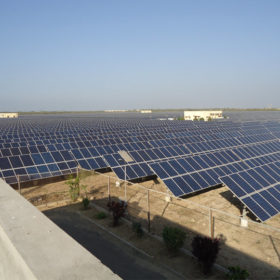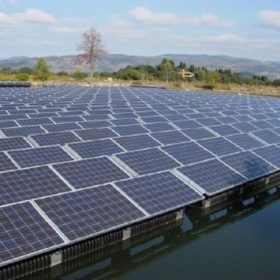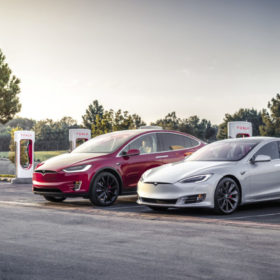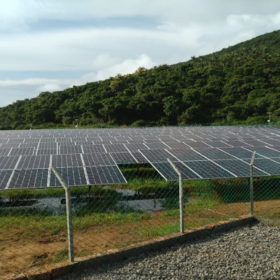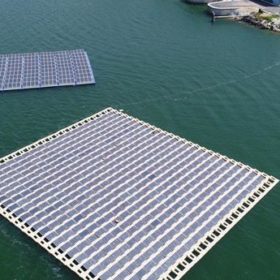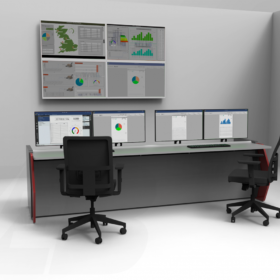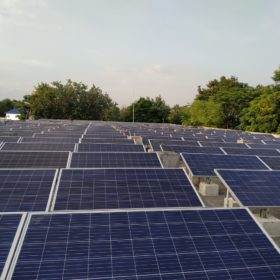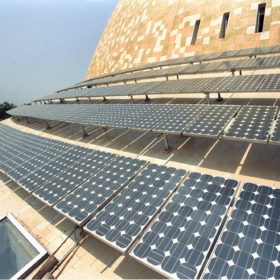NTPC arm commissions 50 MW solar project in Kerala
The 50 MW project at the 200 MW Kasargod Solar Park in Kerala was completed well ahead of the scheduled date.
Tata Power to develop 110 MW solar project for Kerala Discom
State Discom Kerala State Electricity Board Limited (KSEBL) will procure the solar electricity generated from the project under a 25-year power purchase agreement.
NHPC mulling 500 MW floating solar in Telangana
The state-run hydropower producer is in talks with Telangana State Renewable Energy Development Corporation Limited to form a joint venture to explore and develop an aggregate 500 MW of floating solar power projects in the state.
Keltron to set up a supercapacitor manufacturing unit in Kannur
The state-owned electronics manufacturer has signed a memorandum of understanding for technology transfer with Vikram Sarabhai Space Centre of Indian Space Research Organisation.
Largest solar power plant of Navy commissioned in Kerala
The 3 MW solar plant at Indian Naval Academy, Ezhimala, was executed by Kerala State Electronics Development Corporation Ltd (KELTRON).
NHPC tenders EPC work for 50 MW floating solar project in Kerala
Domestic bids are invited for engineering, procurement and construction of a 50 MW floating solar project that shall come up over a 303-acre water body in Kollam District. Bidding closes on August 11.
Consyst bags order to build a renewable energy data center for KSEB
The Kochi-based system integrator will connect kW- and MW-scale solar plants distributed across the state using remote terminal units, Cloud Computing and Industrial Internet of Things. Once commissioned, the system will help Kerala State Electricity Board Ltd to evaluate and analyse the performance of renewable energy generation in the state more precisely in real time and manage grid operations better.
BHEL tenders power conditioning units for 47 MW floating solar projects
Bidders are required to supply and commission 1500V, 2.5 MW outdoor/containerised power conditioning units for two floating solar projects at NTPC. In all, 19 units are to be supplied—10 for 25MW (AC) NTPC Simhadri and 9 for 22MW (AC) for NTPC Kayamkulam. Bidding closes on February 4.
Vikram Solar brings solar power to 3 more airports in India
The solar plants commissioned at Dibrugarh (Assam), Gaya (Bihar) and Gondia (Maharashtra) take the Kolkata based module manufacturer and EPC contractor’s cumulative airport project portfolio to more than 4 MW.
Kerala extends off-grid solar incentive for two years
The order enabling payment of a rupee for every kilowatt-hour generated by off-grid PV systems has been extended until October 2021 because of anticipated delays in the state electricity board hitting its renewable purchase obligation.

